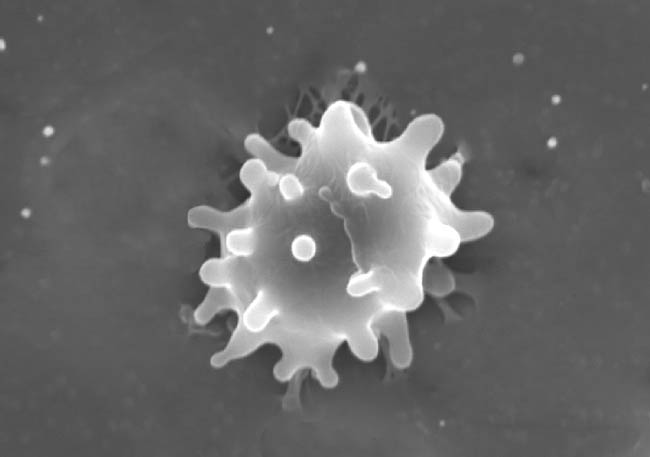|
|
||||||||||||||
|
Infection & chemotherapy |
||||||||||||||
There are a vast array of microorganism which cause infection in humans. Most of the time we have adequate defenses against infection or if caught our immune system clears them up quickly. Unfortunately, following cancer and certainly during chemotherapy these defense systems can be impaired increasing the risks and consequences of infection. Signs of infections:
What can you do to prevent infection?:
What should you do if you suspect an infection while on chemo: A normal temperature is between 36oC and 37.2oC. If it is 38°C (100F) telephone the Hospital or cancer unit immediately and they will advise you. Do not take Paracetamol or Aspirin as this will bring your temperature down and mask the signs of infection. This is most likely to happen in the middle week (7-14 days) between cycles. Do not take Paracetamol or Aspirin as this will bring your temperature down and mask the signs of infection. This is most likely to happen in the middle week (7-14 days) between cycles What can your doctor do to help protect you from infection: Your doctor may wish to give you antibiotics to take from Day 8 of your chemotherapy cycle (the time when your white blood cells are at their lowest). If your white cell count has not recovered by the time you are due for your next cycle you may be prescribed a white cell booster (growth factor). The most commonly used in the UK are Neupogen or Neulasta. Alternately your chemotherapy could be delayed and the dose reduced although this may affect its effectiveness. |
||||||||||||||





